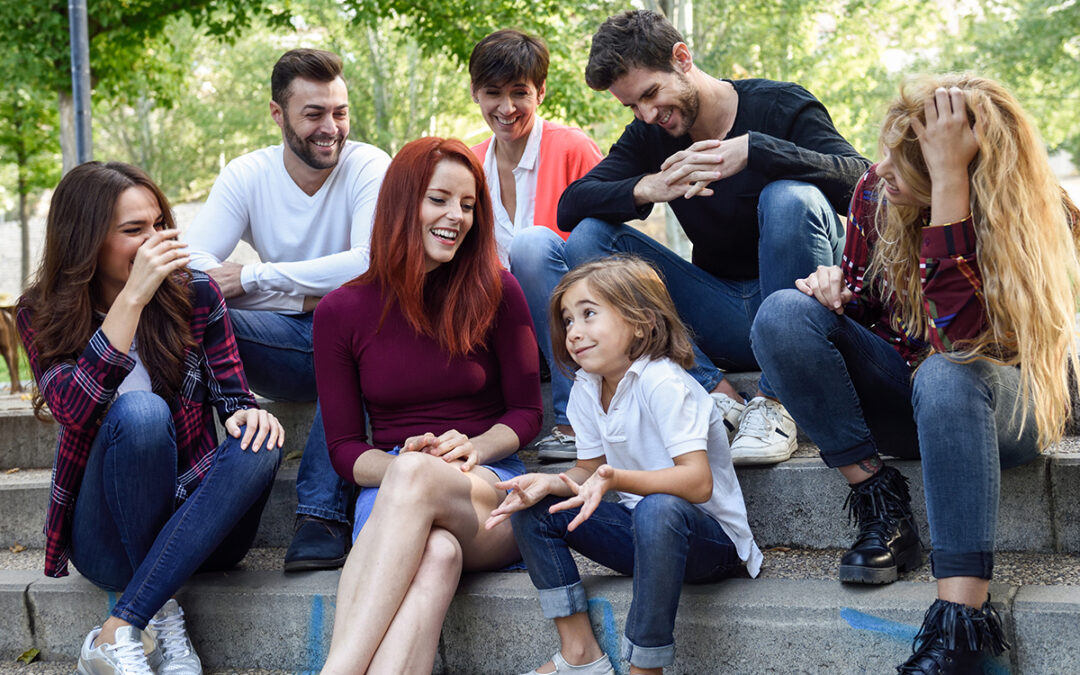For an adult with autism, developing social skills is a challenge. But the right training and support can help improve these skills immensely. Social skills training helps in communication, and connection building, increases confidence, and improves well-being in general. The following blog covers some of the best social skills training techniques, their benefits, and how services like the Dan Marino Foundation empower individuals with autism.
The Importance of Social Skills Training for Autism
Social skills training for autism is an organized intervention that helps individuals to understand and practice appropriate social behaviors. For adults with autism, this training addresses key areas like verbal and non-verbal communication, emotional regulation, and developing meaningful relationships.
Practicing these skills in real-life settings is done by participating in social groups for adults. These groups offer safe places where neurodivergent individuals can learn, connect, and grow socially. It is through this peer interaction that a sense of belonging is achieved.
Techniques for Social Skills Training
- Role-Playing Scenarios
Role-playing is another essential aspect of social skills training. This includes rehearsal for conversations, body language, and even conflict resolution under controlled circumstances. It involves a practical approach through which people experiment with different approaches toward various social situations and become confident in such a friendly atmosphere.
- Video Modeling
Video modeling. This method utilizes recorded scenarios to represent social behaviors and interactions. Exposure to such videos enables individuals with autism to understand subtle communication, for example, in terms of tone, facial expressions, and body language. This technique is effective for visual learners who learn by observing and imitating actions.
Social Stories
Social stories are brief anecdotes that outline particular social scenarios along with the corresponding appropriate behaviors to utilize. Such stories provide context and instruction to help prepare a person for real-life applications.
- Cognitive Behavioral Therapy (CBT)
CBT is another potent tool in working towards better social skills. It will enable a person to deal with their negative thought patterns and create strategies for handling social anxiety and emotional regulation.
- Interactive Group Activities
Being part of social groups for adults or attending workshops creates an avenue for interaction. Group activities tend to encourage teamwork and cooperation. The new skills learned can be utilized in daily interactions.
The Relationship Between Social Skills Training and Mental Health
The connection between social skills training and neurodivergent mental health is profound. Improved social interactions reduce feelings of isolation, increase self-esteem, and contribute to a higher quality of life. Individuals with developmental disabilities often face additional mental health challenges, but fostering positive social connections can significantly mitigate these effects.
Organizations such as the Dan Marino Foundation have been instrumental in raising awareness, acceptance, and support for these issues. They empower people and families to seek the help they need to grow and thrive.
Conclusion
Social skills training can be a transformative experience for adults. The techniques include role-playing, video modeling, and interactive group activities designed to equip individuals with what they need to navigate the complexities of social interactions. These skills improve not only communication but also overall well-being, increase independence, and create meaningful relationships.
If you or a loved one are seeking support in developing social skills or connecting with a community that understands your needs, consider exploring the programs offered by the Dan Marino Foundation. Together, we can build a future where everyone has the opportunity to thrive.

